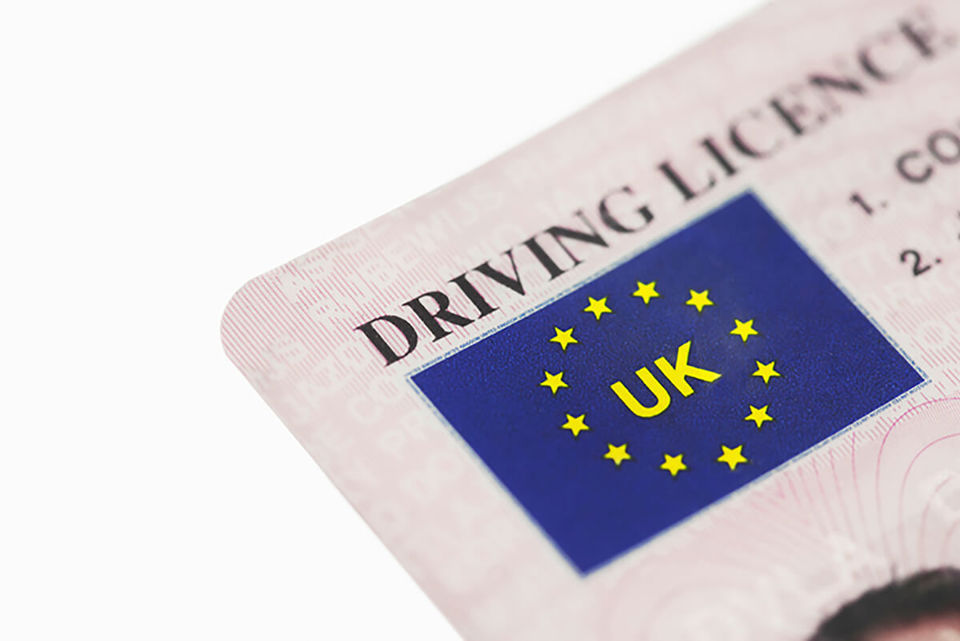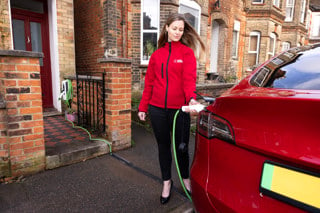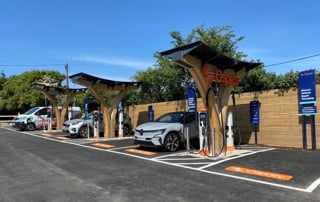Digital driving licences could boost fleet efficiency - but success depends on driver awareness and trust, say experts ahead of the Gov.UK Wallet rollout later this year.
The Gov.UK Wallet will allow individuals to store digital versions of official documents, including driving licences, directly on their smartphones.
In theory, this will simplify tasks like proving one’s right to drive or validating identity for age-restricted purchases.
The technology will make use of security features that are built into modern smart phones, including facial recognition checks similar to those used when people pay using a digital bank card. It means that digital documents will be secure, even if a device is lost, says the Government.
But research suggests both fleet decision-makers and everyday motorists may be at very different stages of readiness.
Strong driver support—but with reservations
According to new polling by TTC, a driver training and compliance provider, 84% of UK drivers are open to using a digital driving licence.
However, only 23% say they would be happy with a digital-only licence, with 61% preferring to retain a physical copy alongside it.
Meanwhile, 16% remain opposed to any form of digitisation, preferring the traditional plastic card.
David Marsh, CEO of TTC Group, believes digital licences are a significant step toward reducing the administrative burden on fleet operators.
“Keeping abreast of regular driver validation checks can be a struggle timewise for businesses. In further research, we found only 33% of businesses routinely monitor their employees’ driving licences. Anything that streamlines this process should be applauded,” said Marsh.
Marsh said modernisation of licences is a good first step, but "digital tools must be part of a wider, continuous compliance strategy".
Trust, security and choice remain key concerns
However, wider public awareness remains a major issue.
A separate study from Regtransfers found that 57% of UK licence holders are unaware of the digital shift, despite the Government confirming the programme in January 2025.
While the Gov.UK Wallet promises faster access to services and documentation, many drivers remain sceptical about data privacy and cybersecurity.
When surveyed, 41% of drivers said they had "little to no trust" in the Government's ability to manage or protect their personal data, citing concerns over identity theft, surveillance and misuse of digital information.
Mark Trimbee, chief executive of Regtransfers, acknowledged both the promise and limitations of the new approach: “There’s no escaping the fact that our lives are being lived in an increasingly digitised space.
"Putting our driving licences on our phones feels like a natural next step—but it’s not just another app. It’s a key part of our identity.”
Trimbee added: “While digital licences are convenient, people should be free to choose whatever they feel most comfortable with. A card licence doesn’t run the risk of being inaccessible if your phone breaks or the battery dies.”
What it means for fleet compliance
For the fleet sector, the rollout presents both a logistical opportunity and a communication challenge.
Businesses could gain faster, more reliable access to driver information—such as penalty points and convictions—but they must also ensure drivers are aware of and comfortable with the shift.
Fleet News recently ran a poll, which is now closed, on this very issue, asking readers whether they would opt for a digital driving licence rather than a physical one.
Fleets were divided on the issue, with 47.3% in favour and 52.7% against.






















Login to comment
Comments
No comments have been made yet.